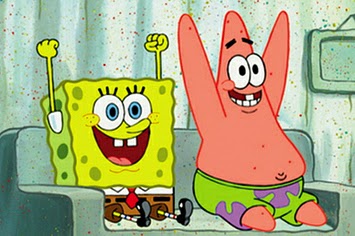I’m not sure if I’m the
only person who thinks this… but constantly when reading this story I visualized
the scenery and a lot of the characters as the movie “A Knights Tale” Obviously
the title is almost exactly the same, but overall the plot is pretty similar to
throughout reading I pictured Arcite as Heath
ledger… probably just because he is one of the main knights who is one of the top
in fights and fierce battles.

The biggest difference between the two is the
movie doesn’t have the somewhat of a Greek mythology twist that I sensed a lot while
reading. I feel like most if not most of the stories we have read so far
contain religion and praying and relying on god in their journeys. But The
knights tale was a little bit different. The addition of 3 temples to the gods,
to protect him in battle showed in my opinion that their beliefs wasn’t that god
or the gods could protect them or watch out for them, but more the gods had
full power over them, which was a concept that I feel wasn’t really showed in
some of our other stories. When the story talked of the temple of the gods I couldn’t
get the image of Hercules in the temple of Zeus in the Disney movie when he was
talking to his dad, a giant, moving, marble statue

I don’t
know why but I was somewhat disappointed when Arcite died… I was kind of
rooting for him throughout the story to win the battle and marry Emelye.
I know the story pushed the thought of dying an honorable death is a great
thing…. But in my opinion I could care less how someone dies. After he died Theseus
gives his long speech of how everyone dies and dying in battle is honorable and
somewhat of a great thing, I feel like I would much rather be alive and healthy
than die a painful war related earth caused by battle wounds… even if it is considered
honorable.
One thing that I thought
was unique about The Knights Tale was how little gender related it was. Sure, a
main concept of it was to win the love of a woman, and I guess that means she
was no say over who she marries, but I feel like Emelye
had a lot more power and in a sense of freedom than most of the other women in
the other stories we have read.
























.gif)



